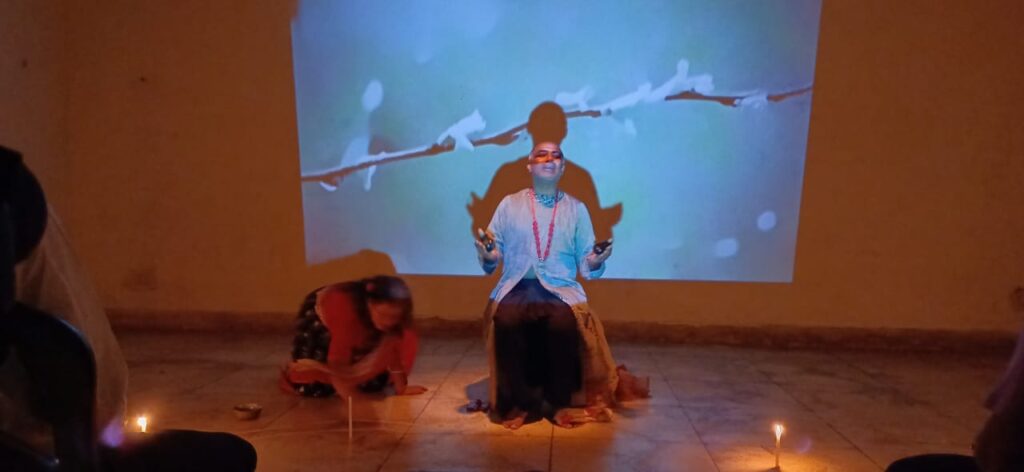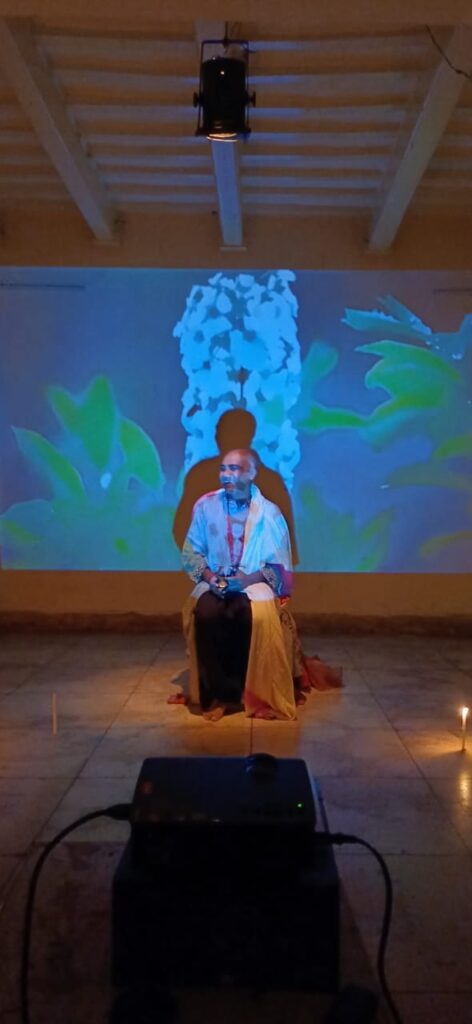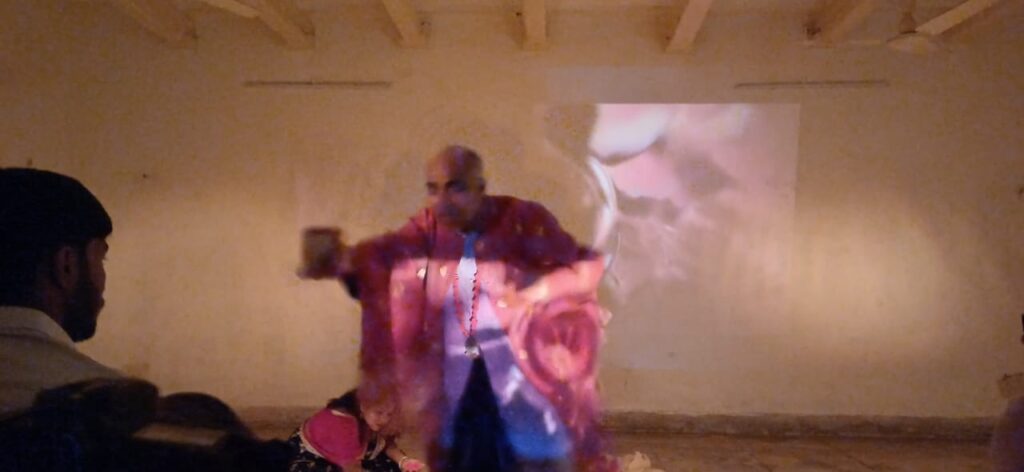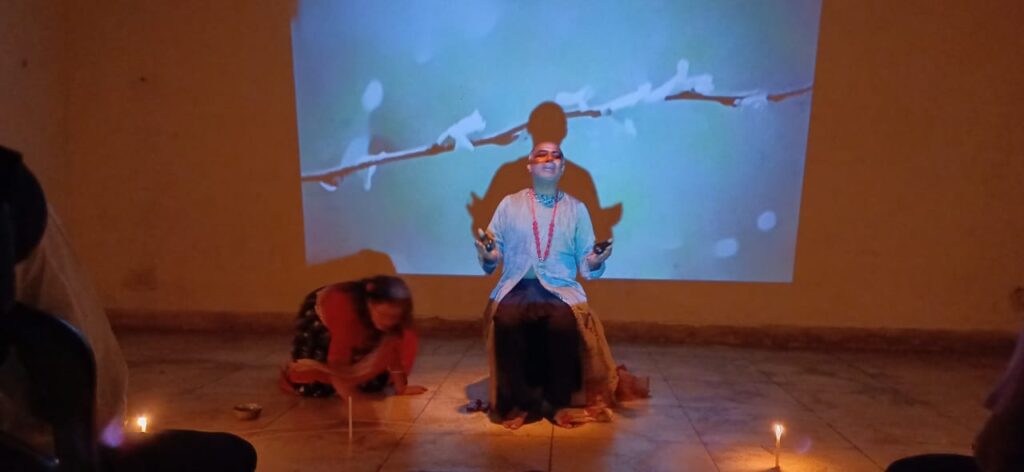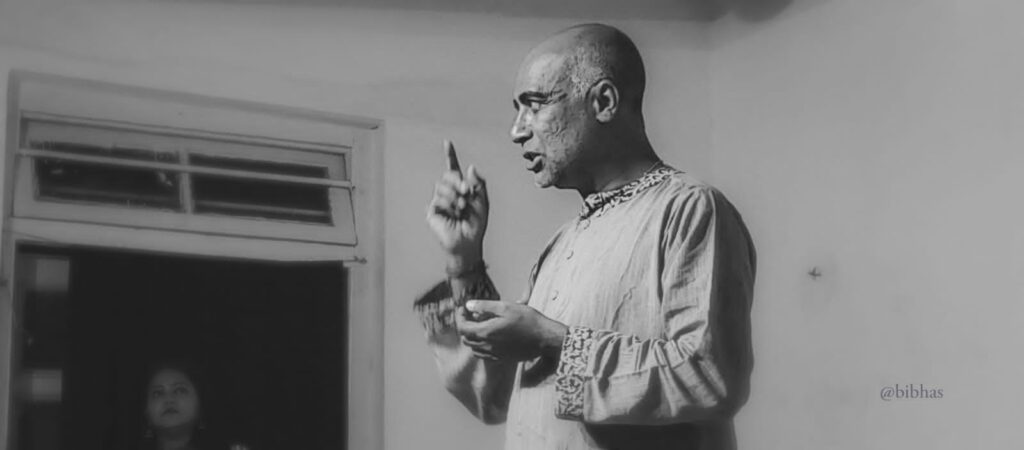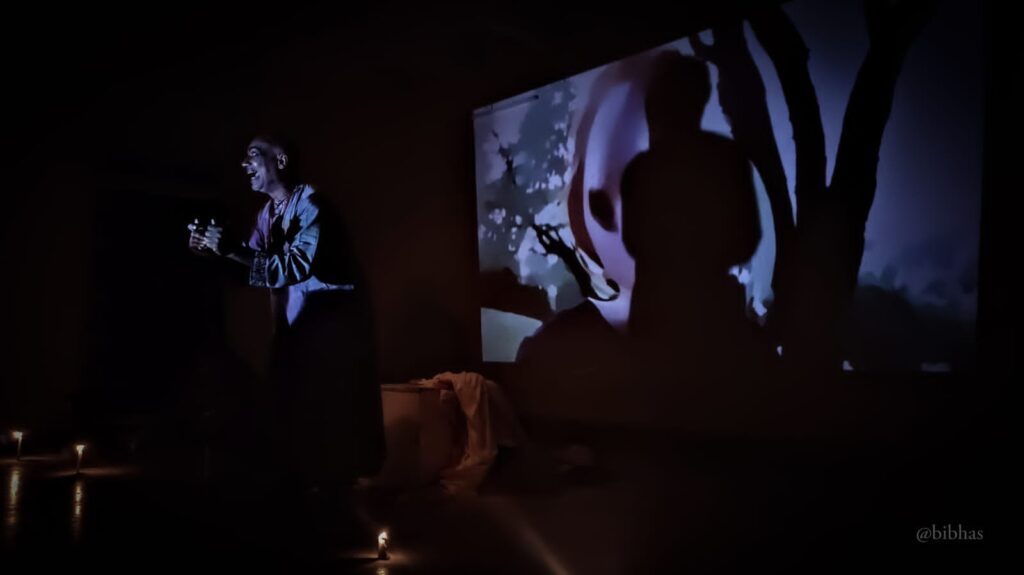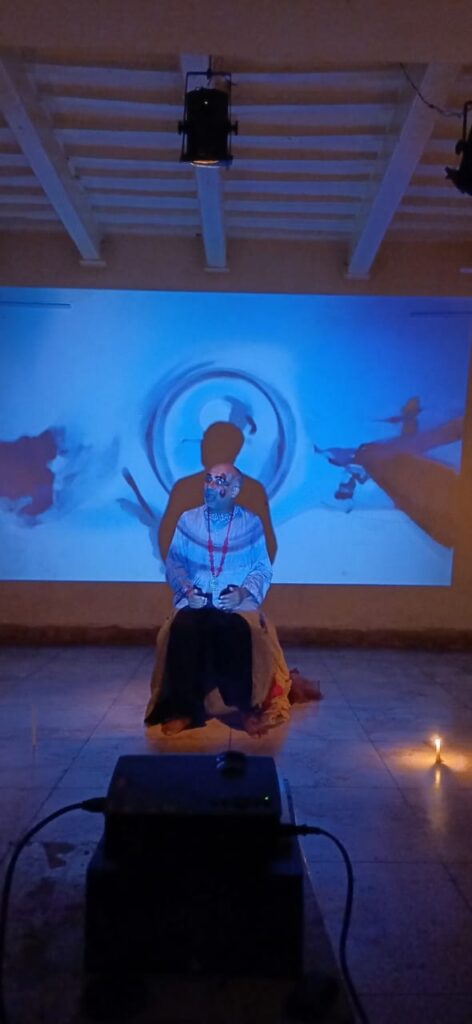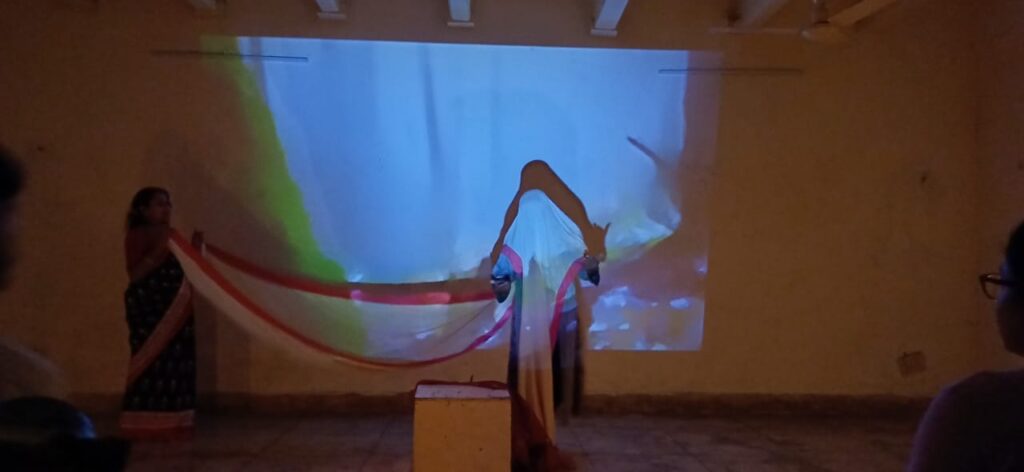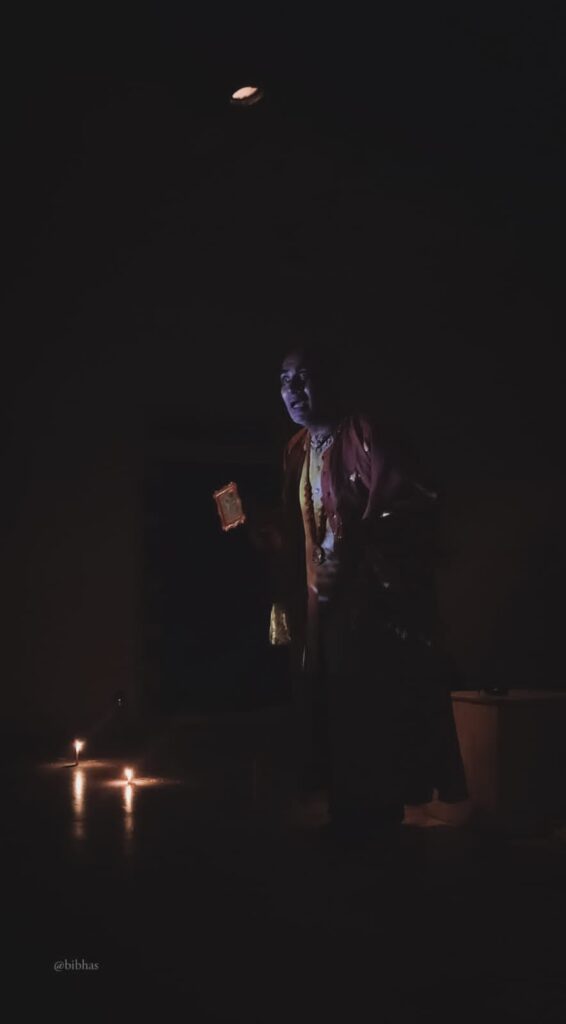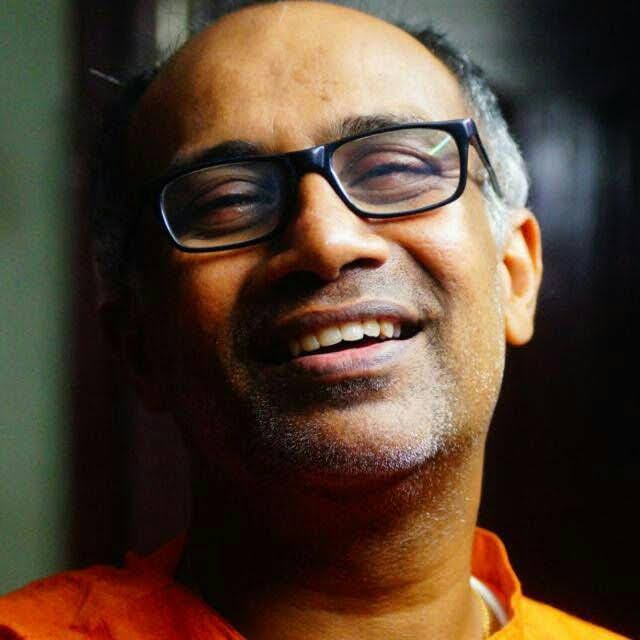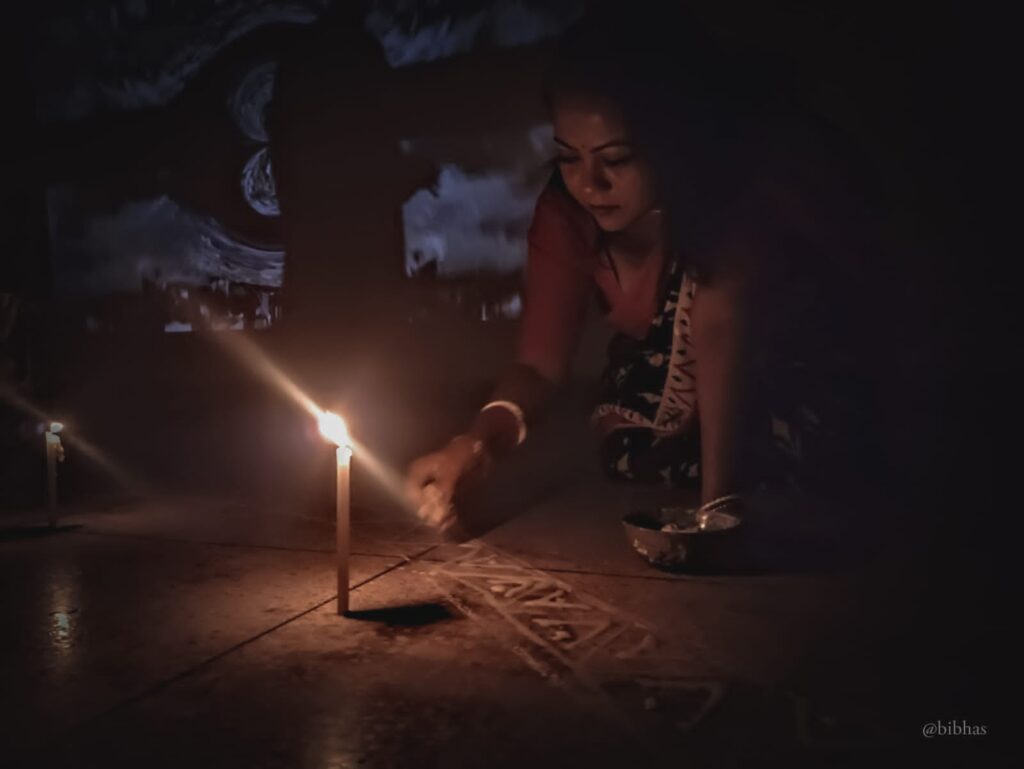MY KRISHNA CONSCIOUSNESS- THE NEW AWAKENING

So, My Krishna Consciousness awakened first when I began realizing the truth that life isn’t a matter of taking pride upon our glories. It in fact is a matter of becoming aware that we have our own shortcomings. This extraordinary self-realization dawned upon me not with the aid of any saint but with the selfless help of those people that kept hawk eye on each of my stance ready to discover my errors like an eagle that is often geared up to pounce upon its prey. It is so considerate of them to make me their priority and my tasks as the matter of their able deliberations.
I saw an extraordinary lethal weapon that my detractors began using and that was pretense – a marvelous hypocrisy that was beyond my level of comprehension which made me put my ego aside and admit whole heartedly that I could be ‘foolish’ to be trapped by their so-called ‘goodness.’ It was through their able guidance that I was illumined that Humility and humanity are my weaknesses and not my strengths and I get carried away by a show of ‘nicety’ and then emerges the slithering cobra out of nowhere and I am left with nothing else but regret on my gullibility that governs my pragmatic sense. The outcome is – my brain becomes susceptible to people’s apparent display of values and affinity towards ‘being human.’ It was slowly and steadily that I came to know that what’s written on T-shirts, oughtn’t every time the motto of life. I would give myself a benefit of doubt that the thing instrumental in making me a simpleton was my firm faith in the repetitive statement that resounded in my ears – ‘God is with those that stay true.’ Little did I realize then that God does not want us to stay blind to obvious wrongs that happen in front of us and wait for his intervention in things that we are eligible to solve.
Finally, after a long period of struggle my Krishna Consciousness bloomed at the time when I arrived at a finale that was the best eye opener. I encountered that there is a herd mentality that prostrates people under the pretext of appreciating their goodness in the society and that people who are repetitively heard praising it are the ones who actually promote ‘conniving’ and ‘conspiring’ nature. The next was a flabbergasting disclosure that these people aren’t villains. Instead, they are the ones who have been the candidates that have continually failed the ‘ goodness’ test of our ALMIGHTY. And they have therefore attributed the credit of their incessant failure to God the Great who according to them is nobody else but the self-obsessed creature of Milton’s Paradise Lost’ having no role but to sit on the throne and observe people in constant agony.
Thus, cunningness appears as a blessing in disguise for such people and they opt for this. It becomes the shortcut for success- Yes- the more nefarious you are, the better it is for SATAN is the Samaritan of those that ‘otherwise’ want to be good but have turned into rebels as they have been disregarded by the ambassador of honesty and truth- God who has proved that KALIYUGA is the abode of rogues and you ought to be one in case you want to survive- and yes- who would like to embrace death? So, all in all, the fact stood unadulterated in front of me that if in case I choose to be on this planet, I need to adopt some or the other illicit means of survival which means the following needs to be done to be successful and have your share of profit. –
- Worship slyness, become a devotee of callous and sadistic people.
- emulate the principles of sycophancy and selfishness discarding altruism and selflessness to the optimum level possible and you have to do all this surreptitiously under the guise of PRAGMATISM
Thus, Hence proved it was through these kinds of experiences that rewards and merits were awarded to those that were epitomes of ‘ the inhumans’ as that would make you flaunt yourself as ‘clever.’ It will be your ultimate weapon- VAJRA to win over those provocations that could possibly let goodness overtake your SMART caliber of being ‘NASTY.’ - And…the warrior in me rose. And abruptly I took an oath that ‘the fault lies not within me but in them who do not value my efforts and refrain from giving me any credit and adorn the garb of celibacy while embracing the rewards of my talent.
- But…this wasn’t my way. It was not my choice and neither was my understanding of life. I brooded over when I got a call from my colleague, “would you complete work on my behalf as my mom is passed away and I cannot come to work.” And I got to hear that my maid’s son is hospitalized as he has met with a sudden accident and that a neighbor of mine needs my help urgently as he has forgotten his keys at office which happens to be near my work place and is requesting me to fetch them for him or else he would have to travel another one hour to get them from there. And finally, I could not understand the reason I was pestered by a small little urchin on the road begging for some food in order to fill his empty stomach and much more happened with me that day when I was in the process of utter transformation from a normal organic human being to an extremely hazardous being who was about to destroy goodness in the world. And…thus I am sure, there are many who are in this catch 22 situation wherein they are on the one hand compelled to sacrifice their goodness and on the other pulled by their goodness within. And thus, I would say, the final conclusion I have been able to draw after meditating on the problem with Vishnu sahastrnamawali as my guiding principle – We may be ‘good’ but we do not have the caliber to retain our goodness because we are often bothered by the concern of being ‘acknowledged’ for it. In case, we abstain from relishing the pleasure of being crowned as the most ‘good’ human on this planet we will perhaps do a great service to humankind as we would not be provoked to do ‘bad’ because we would not bother whether we are ‘touted’ good or not. I think that is the best mode of survival in today’s increasingly selfish world. This is perhaps what we call Krishna Consciousness that enables us the vision to see how ‘wrong’ we are because we want recognition even for being ‘good.’ When we know internally ‘ how bad we can be. And how erroneous too.
- Hare Krishna.




